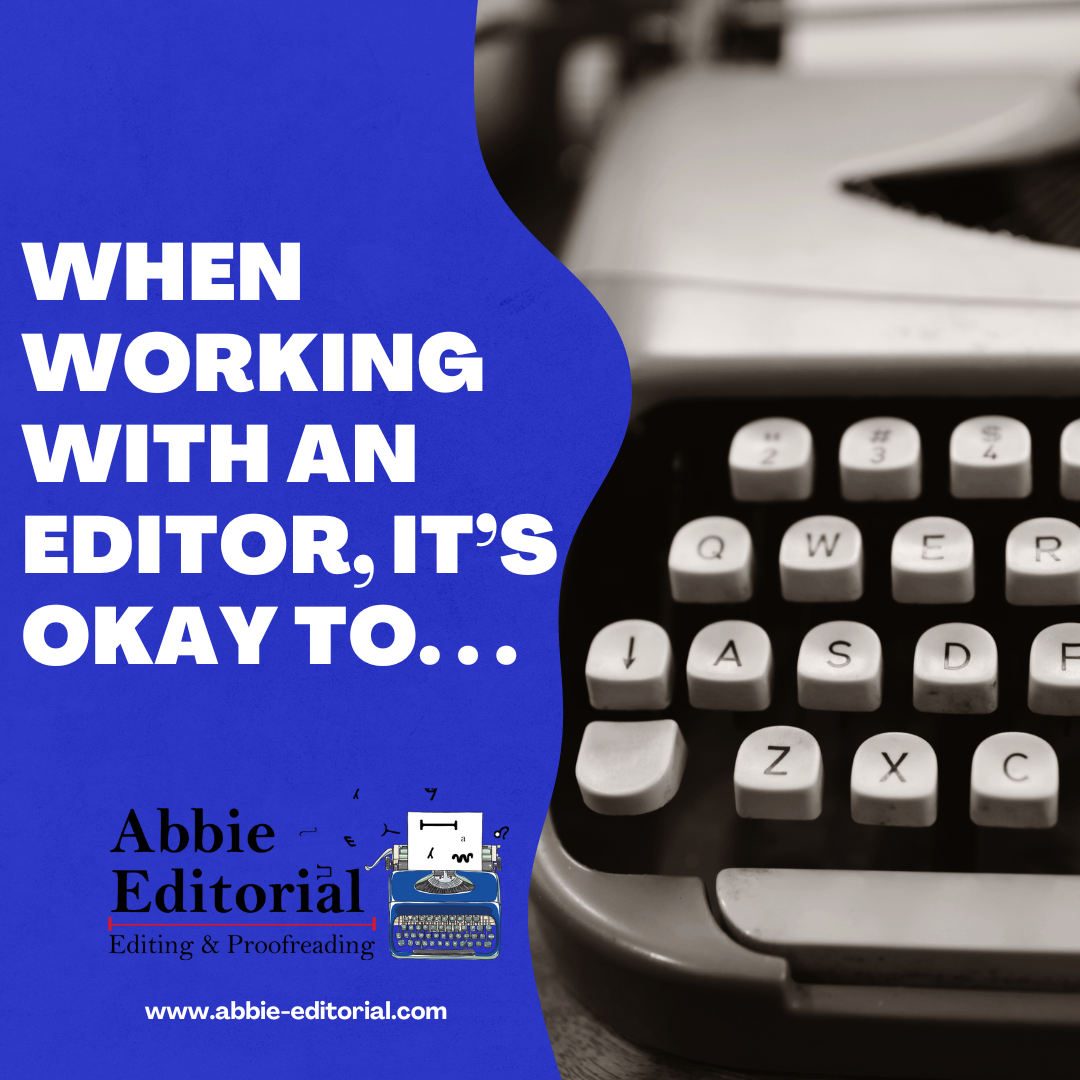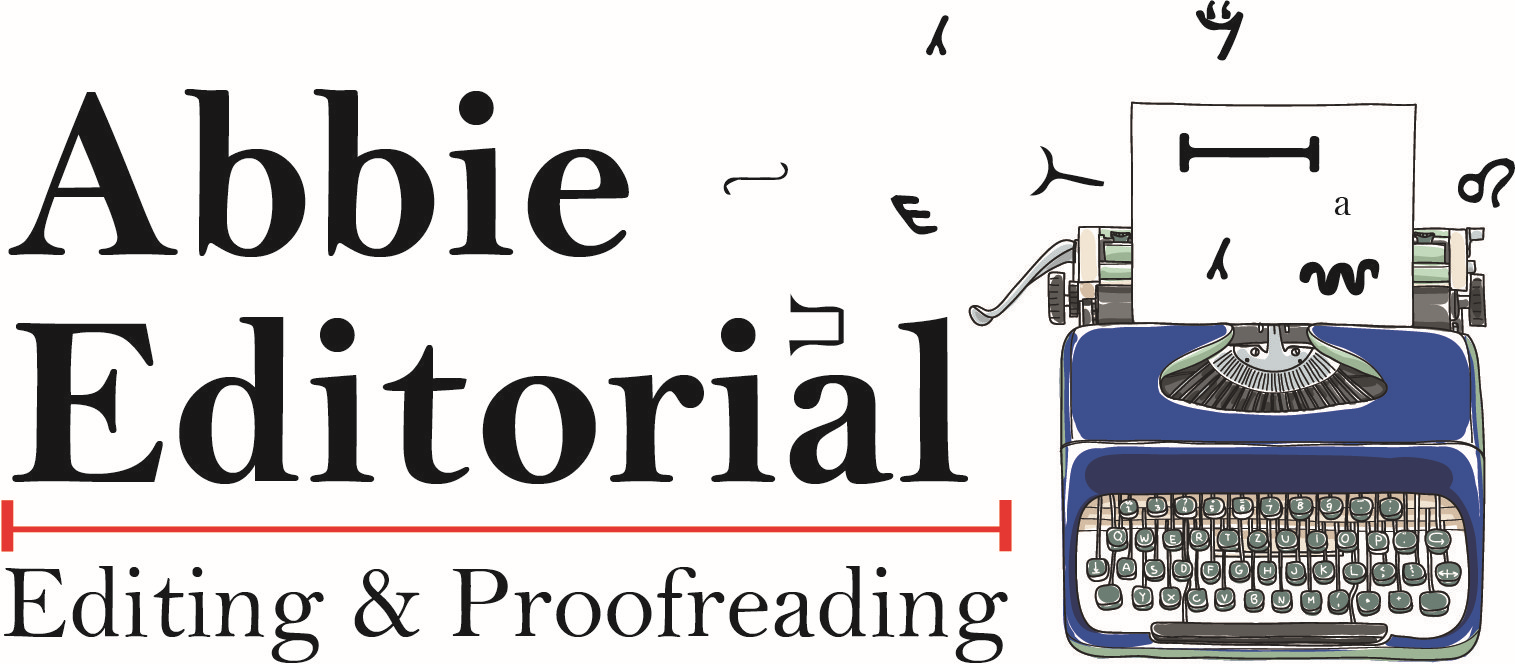The perfection myth
Why guaranteeing a flawless manuscript is unrealistic

If an editor or proofreader says they’ll make your book error-free, should you believe them? I’m going to put my neck on the line and say no. Unlike a lot of editing websites, I don’t guarantee to make your work flawless, impeccable, immaculate or any other synonym for perfect. Why? Because I’m realistic and know this is impossible. And I believe in honesty.
Why is it impossible?
Because we are all human. There isn’t a person on the planet who is perfect. The internet and social media have, I believe, given us a skewed perception of what it means to be human. We are bombarded on a daily basis with other people’s success, whether that is real or fabricated. We are shown what has gone well rather than the day-to-day challenges that make up the average 24 hours. There is added pressure with a reliance on reviews for visibility (where many people think they would be an ace proofreader because they were good at spelling at school), and typos and punctuation errors being displayed across X, Facebook and Instagram.
But shit happens and we all miss things. Our brains (and eyes) are only capable of so much. None of us are infallible. The standard is that copyeditors and proofreaders will catch 95% of errors. So, if the copyeditor makes 7,000 corrections, they are likely to have missed 350 errors. If there are 350 errors, the proofreader is expected to pick up 95% of them, which would leave 17. This is why the editorial process involves numerous passes (and the little buggers still slip through!).
Should we bypass humans and rely on AI?
Absolutely not. While tools such as Word spell check, Grammarly, ProWritingAid are useful aids, they are not a substitute for a qualified copyeditor and proofreader. They won’t spot errors with homophones, won’t find typos that are actual words, don’t have a copy of New Hart’s Rules, and can’t establish a style guide to ensure consistency.
So what is acceptable?
A small number of errors are always going to slip through, and we have to accept this and take it on the chin. It can’t be avoided. Self-publishing authors tend to cop flak due to a perception that their work isn’t subjected to a rigorous editorial process. But read any book published by one of the Big Five (with their huge budgets) and it’s likely you’ll come across a typo or punctuation error.
However, if you’re coming across mistakes on every page, or none of your dialogue is punctuated properly, it’s probably time to find another editor and/or proofreader. The odd typo/punctuation error isn’t going to bother the reader too much. Errors on every other page, though, will.
So be gentle on yourself and your editorial staff, and make sure your expectations are realistic. As Stephen Hawking said, ‘One of the basic rules of the universe is that nothing is perfect. Perfection simply doesn’t exist … Without imperfection, neither you nor I would exist.’










